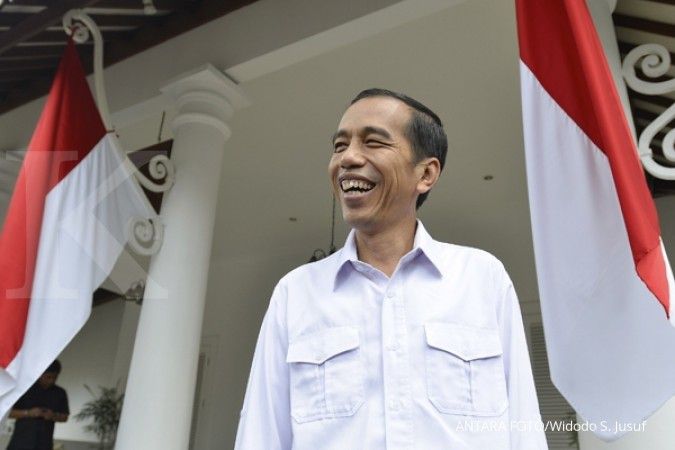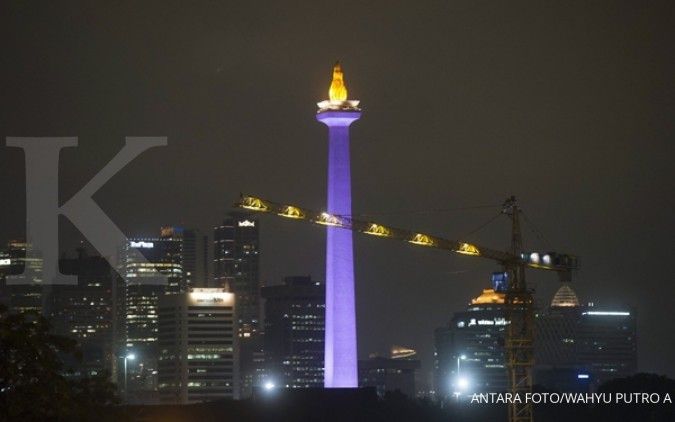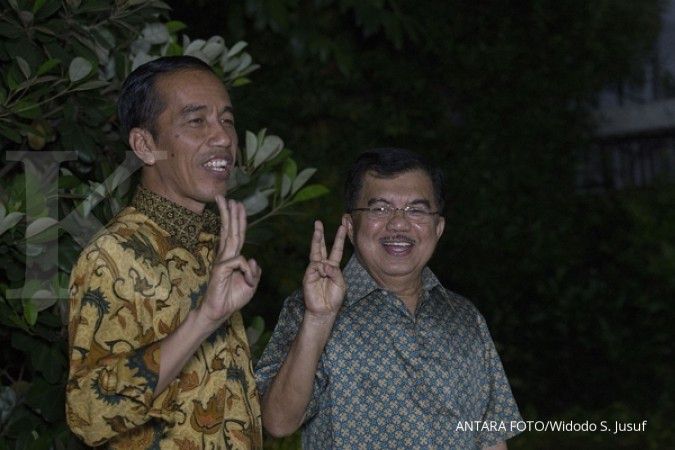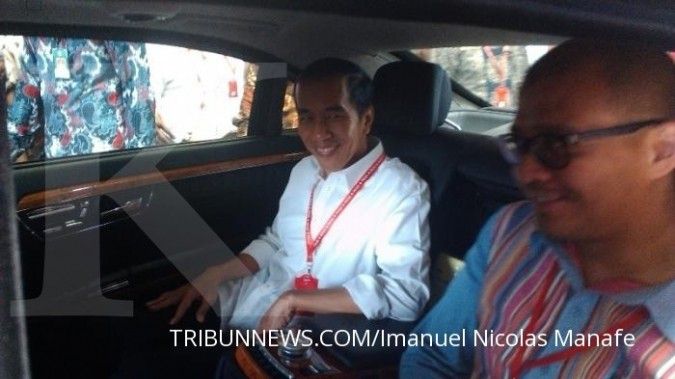JAKARTA. The incoming administration of Joko “Jokowi” Widodo looks like it will act tough on the energy sector as it weighs disbanding the Upstream Oil and Gas Regulatory Special Task Force (SKKMigas), which many have said is not doing its job well.
Andi Widjajanto, one of the deputies of Jokowi’s transition team, confirmed that the next president and his vice president Jusuf Kalla had been considering disbanding SKKMigas and Pertamina Energy Trading Ltd. (Petral).
“We have been studying the possibilities of disbanding SKKMigas and merging its functions with the Energy and Mineral Resources Ministry. The final say would be Jokowi’s and Kalla’s,” Andi said on Monday.
Andi did not elaborate on the reasons, but indicated that the option was aimed at boosting efficiencies in the country’s energy sector.
On the possible disbandment of Petral, Andi also said that Jokowi had been studying the future of the trading company. “Our study on the energy sector has been presented to Jokowi and Kalla. The two have the sole prerogative to decide the options to be taken,” he said.
Separately, Indonesian Democratic Party of Struggle (PDI-P) politician Effendi Simbolon revealed a clearer timeline for the disbandment of those institutions. “Most possibly, it [the disbandment] will be on Jan. 1, 2015,” said Simbolon, a deputy chairman of House of Representatives Commission VII overseeing energy.
According to Effendi, SKKMigas replaced BP Migas, which had been declared unlawful by the Constitutional Court. Once SKKMigas is disbanded, he said, its role and function would be carried out by a business entity under the supervision of the State-Owned Enterprises Ministry. “This entity will do business with the oil companies,” he said.
Regarding the disbandment of Petral, Simbolon said the trading in oil would be handled by state-owned oil and gas company PT Pertamina.
During the SKKMigas meeting with House Commission VII on Monday, legislators demanded that the national production target be set at 900,000 barrels of oil per day (bopd) next year, a very ambitious target given current outputs.
“We acknowledge that there is declining production in our existing fields. However, we want to push it and set the national output to reach 900,000 by next year,” said Milton Pakpahan, the head of Commission VII.
The target is far too high compared with SKKMigas’ proposal, which had also been put on the table by President Susilo Bambang Yudhoyono, of 845,000 bopd. The proposal included additional production from the Banyu Urip field on the Cepu block and other new projects.
“There is a serious problem in Cepu, which has missed its target several times. The 845,000 bopd is the government’s conservative target and a realistic number. If the new administration wants it to be 900,000, that’s their call,” acting Energy and Mineral Resources Minister Chairul Tanjung said.
Indonesia has seen its production rate declining as its fields have been depleted because of massive exploitation in the past. National oil output stood at only 788,000 bopd as of the end of July, far below the target of 818,000 bopd by year’s end.
As many as 23 new projects are expected to produce an additional 140,000 bopd next year. The biggest contributor to the total amount will be the Banyu Urip field on the Cepu block, which is scheduled to deliver its first oil in March next year, with 119,000 bopd expected to be produced next year. Should Cepu miss its target to be on stream in March, the year’s total production will be lower.
However, the new projects, along with other optimization works, such as well services and drillings, cannot entirely make up for the declining production rate of the depleted fields, which has reached 18 percent. Therefore, SKKMigas only set 845,000 bopd as a target for next year, the task force’s acting chief, Johanes Widjonarko, said.
“All possible additional production was included in the 845,000 bopd target. Forcing work and drilling can damage the reservoirs and we will only get nothing.” (Bagus BT Saragih and Raras Cahyafitri)
New govt to put SKKMigas, Petral on chopping block
September 16, 2014, 10.06 AM
/2013/11/22/294965663.jpg)
ILUSTRASI. Pemerintah mengeluarkan kebijakan pemberian THR pensiunan PNS 2023 dan gaji ke-13 yang tertuang dalam PP nomor 15/2023.
Source: The Jakarta Post
| Editor: Hendra Gunawan
Latest News
-
March 04, 2026, 05.27 PM
Fitch Cuts Indonesia Credit Rating Outlook to Negative
-
March 03, 2026, 12.18 PM
Indonesia Hopes to Get MSCI Response to Capital Market Reforms Before May
-
March 02, 2026, 04.45 PM
Indonesia has Seized 5 Million Hectares of Palm Oil Plantations, Task Force Says
-
March 02, 2026, 01.10 PM
Asian Assets Slide as Mideast Strikes Spark Oil Spike, Haven Rush
-
March 02, 2026, 10.49 AM
Bank Indonesia Monitoring Market Movements in Response to Conflict in Middle East
-
February 25, 2026, 08.28 PM
Inpex to Solicit Bids for Construction of Indonesia's Abadi LNG Project in Mid-2026
-
February 24, 2026, 03.38 PM
Eni to Reach Final Investment Decision for Indonesia Gas Projects Next Month
-
February 24, 2026, 01.00 PM
Asia Stocks Try to Steady after Wall Street Selloff Sims Mood
-
February 23, 2026, 04.50 PM
Wall Street Futures and Dollar Slide on Trump Tariff Tumult













